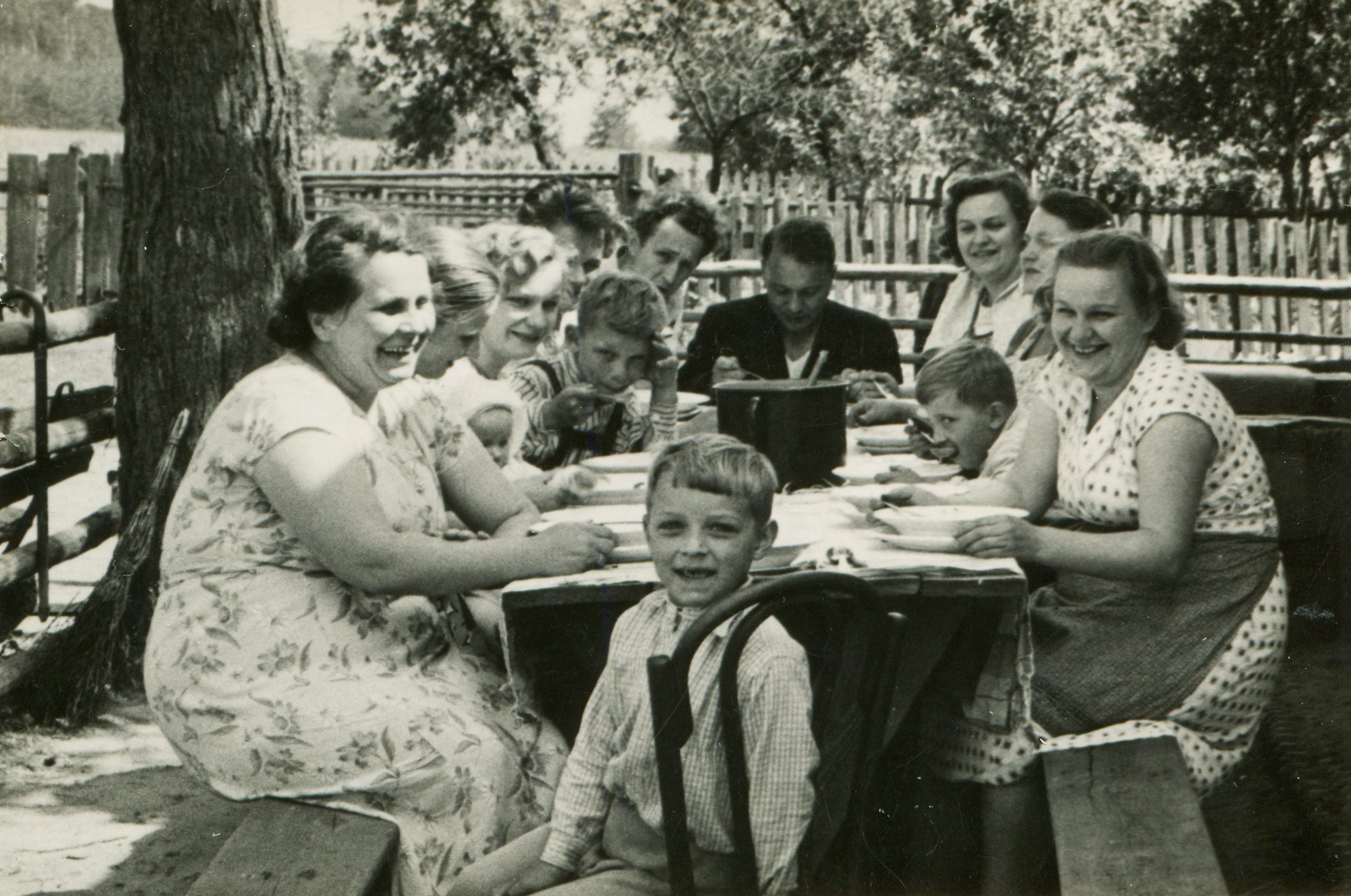The Family Contra the Market

Sen. Mitt Romney’s audacious universal child allowance proposal, which has quickly been followed by a Democrat counterproposal, has drawn the ire of many ostensibly conservative policy wonks. That should come as no surprise. What is curious, however, is the aggressively materialist—and misguided—critique that has been offered.
In a nutshell, opponents of child allowances mistake the purpose of the policy and lose sight of the innate good of the family—a mistake ultimately rooted in a faulty anthropology.
When self-describing their preferred policies as “pro-work,” some critics appear to operate under the assumption that family wellbeing and labor market participation are unfailingly complementary. Child allowances “undermine the message that employment is essential for wellbeing and prosperity,” wrote one critic. Elsewhere, the same scholar raised concern that a fraction of single mothers would reduce their working hours if they were to receive the child benefit. “But what if we had a policy that reduced poverty without reducing employment?” she asked.
The problem with this approach, and what the critics miss, is that family policy isn’t situated squarely in the realm of the material. When we speak of “prosperity” as a goal of family policy we cannot mean strictly economic wellbeing. Child allowances are an anti-poverty measure, but that is not all they are. That’s not even what they primarily are.
Although the arguments hide behind economic technicality, the implicit normative claims in statements like the above ignore—or even go as far as to condemn—the truth that it is socially preferable for a parent to work less. Indeed, the argument goes even further, claiming that by reducing employment, which is usually understood as outside the home, parents may even harm their family’s future opportunity or wellbeing.
This misses the purpose of our existence by inverting the place of the family in relation to the market. That is, unfortunately, the natural conclusion of the framework that views our preferences in a completely positivistic sense, existing for and actualized through our participation in the marketplace. The social benefit of parents dedicating more time to their children is not as easily captured with statistics as are employment contributions to gross domestic product or future earnings. The conservative must assert its goodness a priori.
The work-centered critique is a symptom of a society so completely consumed by the materialistic that it cannot recognize that true prosperity extends beyond the economic. “To be fettered to work means to be bound to this vast utilitarian process,” Josef Pieper reminds us, “tied to such an extent that the life of the working man is consumed in it.” The virtuous life and the fulfillment one enjoys as a result of it (or prosperity, properly understood) is uniquely fostered in family life. Complementing that reality ought to be the goal of work—not supplanting it, as the market is wont to do.
The economic perspective cannot see that child allowances are an attempt to correct what is possibly the central (not negative to all, unfortunately) externality of modern liberal capitalism: the collapse of the family. Employment and upward mobility cannot singularly supply what is necessary for the good of the family because the market’s dependence on the two-income model relies on the deterioration of the family.
There’s no doubt that employment is important, but it is not the criterion by which successful family policy ought to be judged. If we put the family before the market, a policy is a success if it affords a parent, whether a single mother or one parent in a two-income household, more time with their child instead of working to pay a stranger to raise them in their place. The conservative should boldly assert that this is a desirable and socially preferable policy outcome.
Modern liberal capitalism has abolished the traditional understanding of the household, just as it has hollowed out the person by abolishing the classical sense of leisure. Consequently, there exists an irreconcilable tension between the family and the market as it functions today. As any right-liberal economist would be quick to note on the subject, trade-offs exist, and they indeed do here: between the good of the family—the natural role of the parent as regards their child—and participation in the market. This trade-off has become an economic non-choice for the overwhelming majority of Americans.
To say that the overemphasis on employment fails to recognize the trade-off would be uncharitable. Instead, the mistake is ultimately grounded in a value judgement: It prioritizes work and economic mobility over traditional notions of socially healthy family formation. Conservative critics of child allowances have missed the forest for the trees.
Instead, we should look to promote the common good by returning “social priority” to the family and building on a robust platform of economic solidarism—an approach that seeks to place solidarity at the center of political economy while creating fertile ground for subsidiary institutions to attain their own ends. The family is one such institution, as the first natural society.
Conservatives must recognize that a social order in which parents are compelled by financial constraints to outsource their familial roles is not a healthy one, because prosperity extends well beyond the restrictive frame of economic wellbeing. Conservatives must move to once again recognize the innate value of the family.
Joseph Paul Barnas is a writer from Chicago, Illinois. His writing has also appeared in University Bookman and Athwart.
Comments